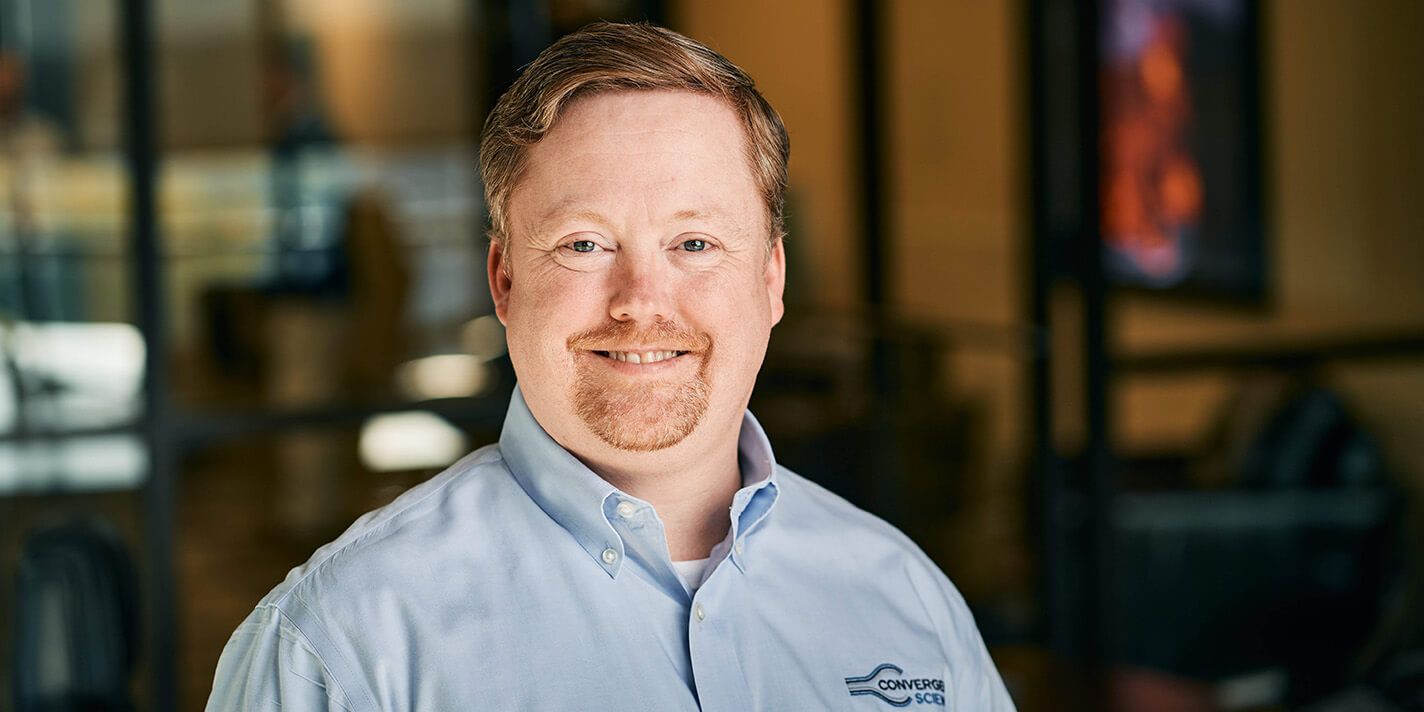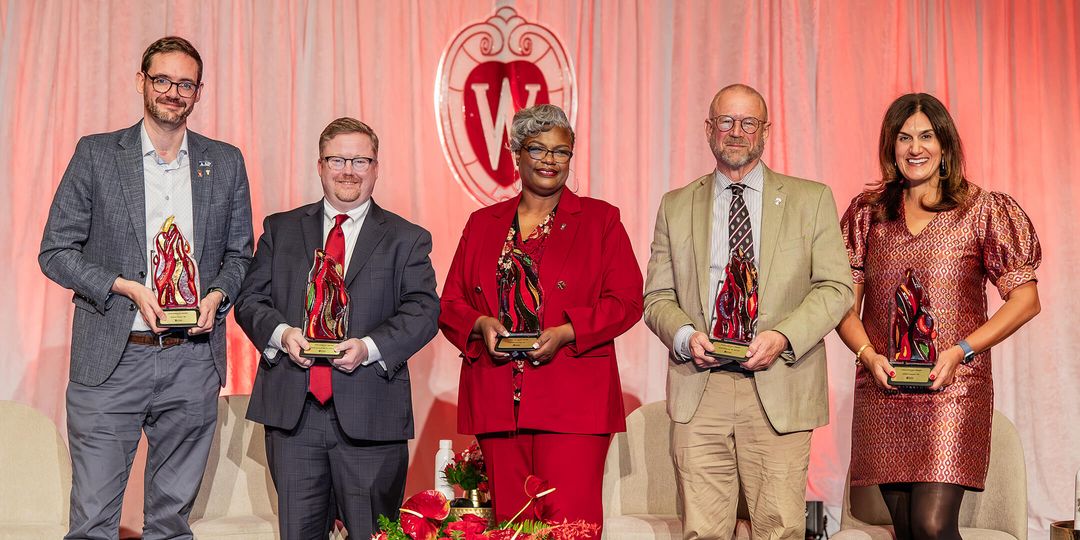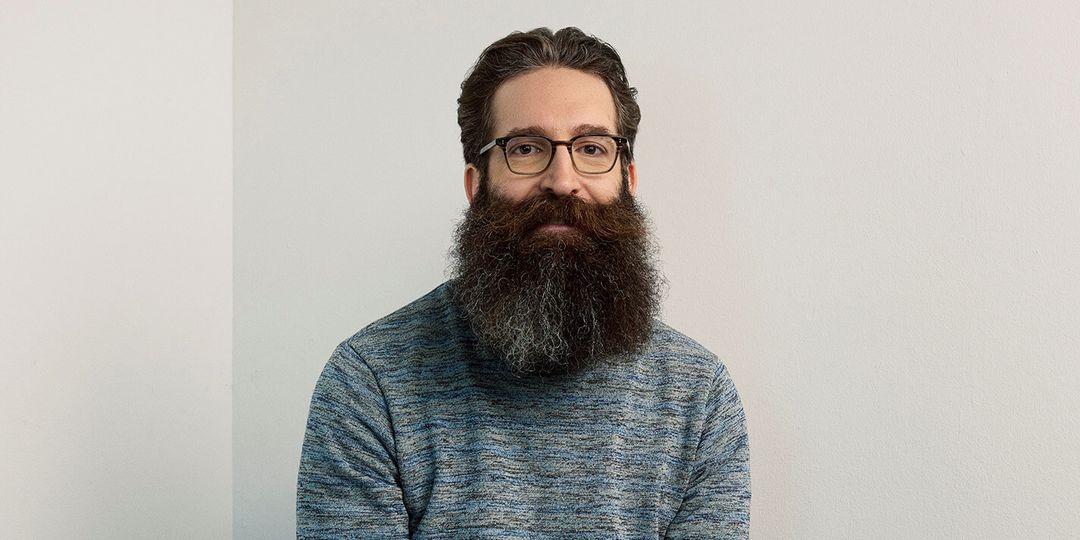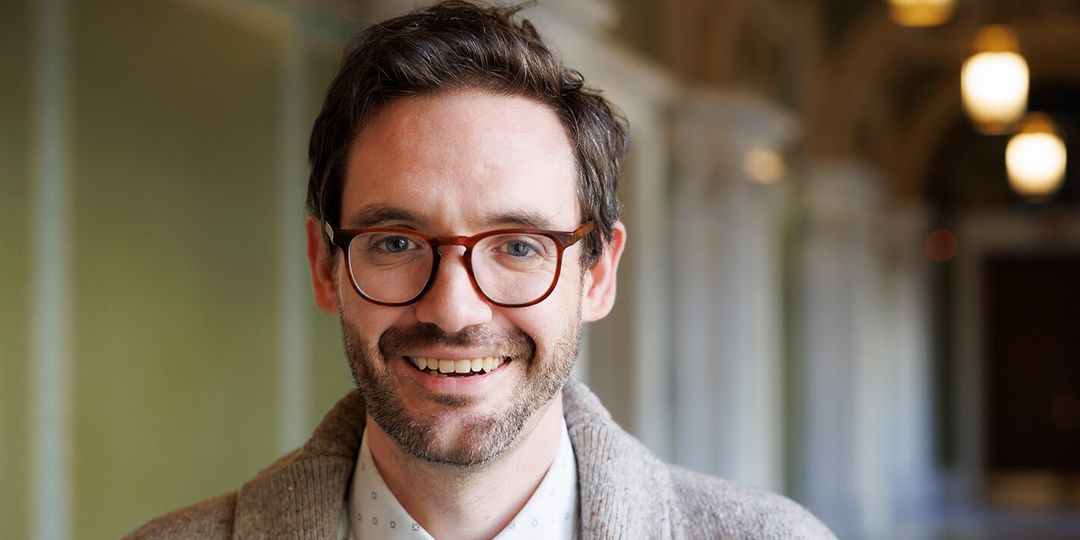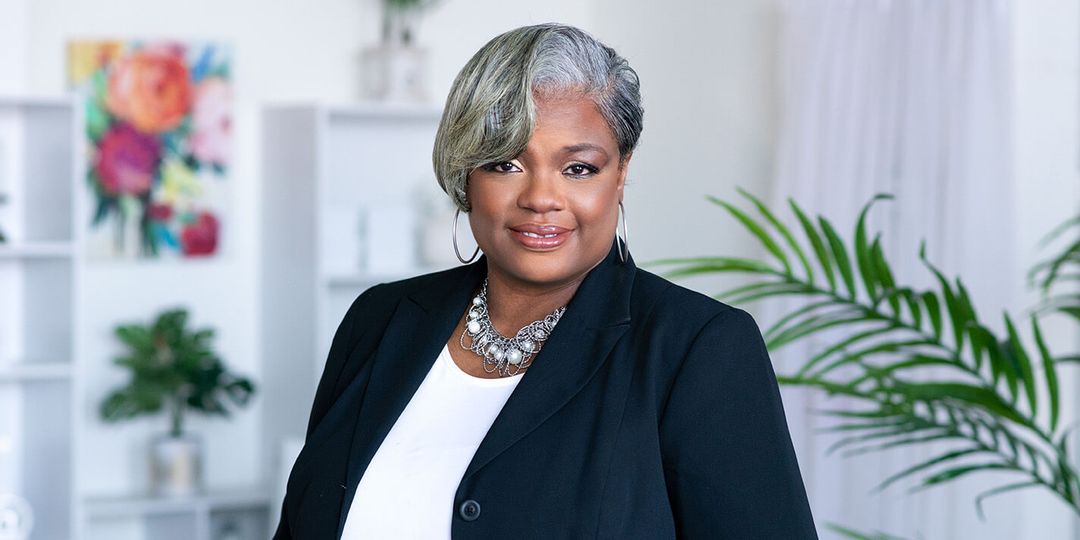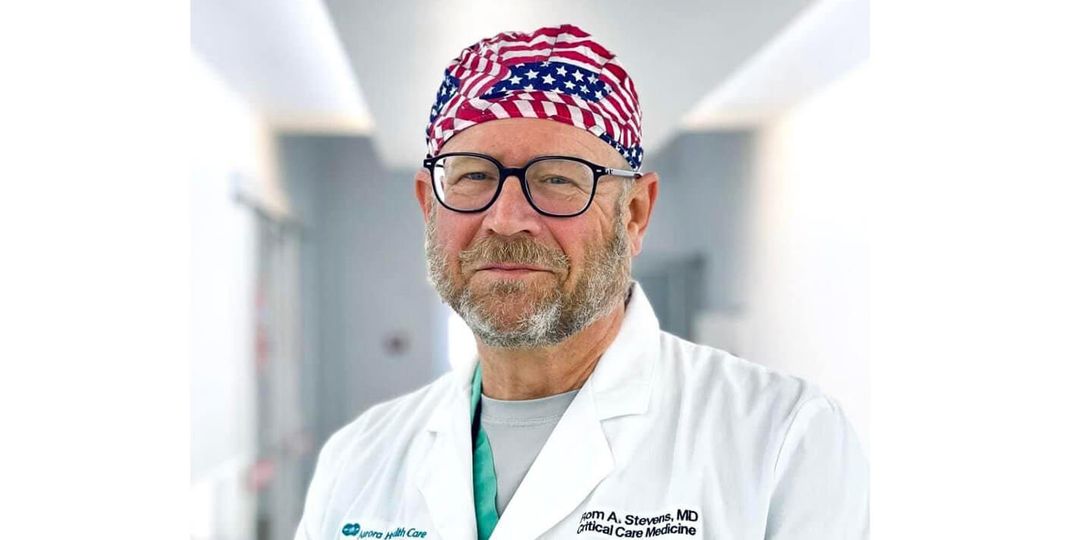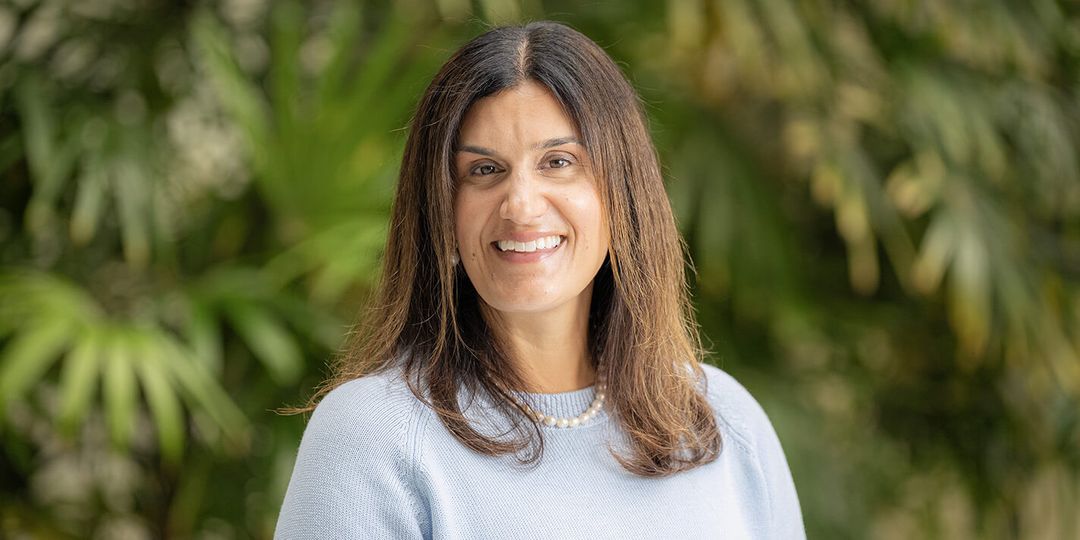Cofounder and Owner, Convergent Science
UW Major: Mechanical Engineering
As a graduate student at UW–Madison, Kelly Senecal MS’97, PhD’00 liked tackling tough problems and writing complex code. What he didn’t expect was that the software he’d help design would drive cleaner engines — or that he’d become a global advocate for sustainable transportation solutions.
As cofounder of Convergent Science, Senecal helped develop CONVERGE, groundbreaking computational fluid dynamics (CFD) software that transformed how engineers design cleaner, more efficient machines. By automating a once-cumbersome step in the process, called mesh generation, CONVERGE makes it easier to simulate how engines work — how air and fuel move, mix, burn, and create power — without relying on manual setup or costly tests.
That work began at UW–Madison, where Senecal earned his master’s degree and a doctorate in mechanical engineering with a minor in mathematics. He spent much of his time at the Engine Research Center (ERC), the largest academic hub of its kind in the country. There, he found not only his passion for CFD but shared experiences with a still close-knit community of engineers.
“I formed a bond with my research teammates that’s still there today,” he says. “We did it the hard way and really learned the fundamentals together.”
Senecal cofounded Convergent Science in 1997 with a few UW classmates. What began as a side project became a full-time business in 2001. In 2008, their signature software, CONVERGE, hit the market. Their shared goal: build something meaningful and stay in the city they loved.
Today, Convergent is a global leader with clients ranging from start-ups to government research labs. Their CONVERGE software is used by more than 85 percent of engine manufacturers worldwide.
As the company grew, so did Senecal’s role as a public voice for sustainable design. Through public speaking, journal articles, and social media, he has become one of the field’s most visible advocates for science-based, technology-neutral climate solutions. His TEDx talk, “In Defense of Internal Combustion,” challenged conventional thinking around climate policy, and his award-winning book, Racing toward Zero, made the case for clean fuels and more efficient engines alongside electrification.
“To some degree,” he says, “it won’t matter how great your product or ideas are if you can’t communicate to the public — whether policymakers or someone buying a new car.”
Senecal holds leadership positions at SAE (formerly the Society of Automotive Engineers), the American Society of Mechanical Engineers, and the Combustion Institute, and he cofounded the Computational Chemistry Consortium to advance collaborative research. He served on the Industry Advisory Board for UW–Madison’s master of engineering in engine systems program and continues to teach and mentor as a visiting professor at Oxford and an adjunct at UW–Madison, where he cocreated a graduate course in engine simulation. Convergent Science employs numerous UW graduates and serves the Madison community through volunteer programs and nonprofit partnerships. It also supports more than 200 universities worldwide — including UW–Madison, where donated software and research partnerships total more than $1.5 million annually.
“As a global community, we all benefit from collaboration and from the next generation of engineers going out into the world,” Senecal says.
